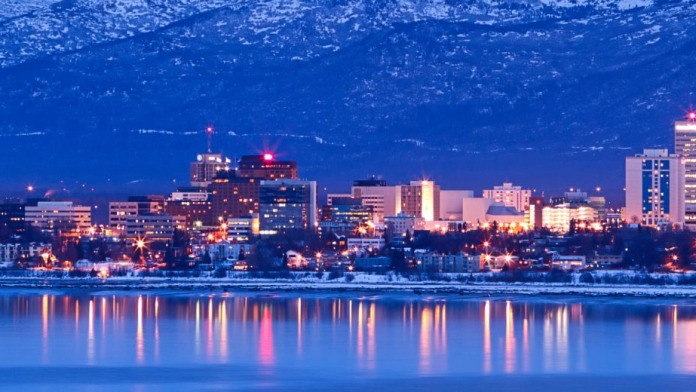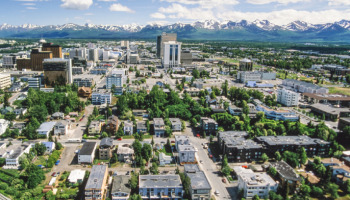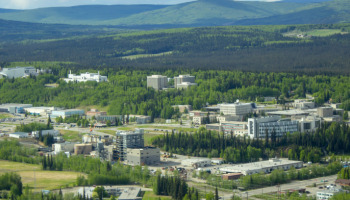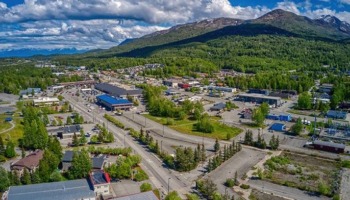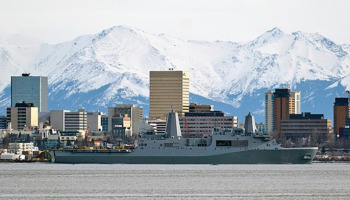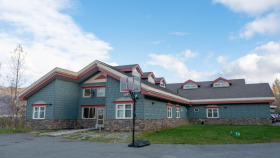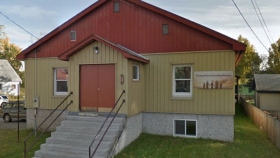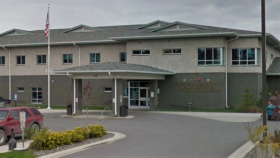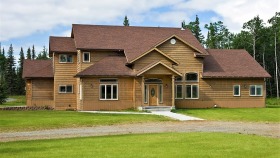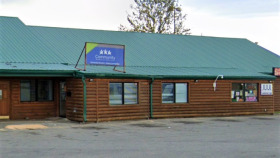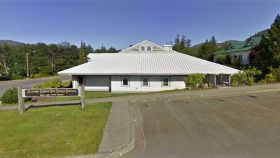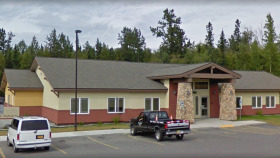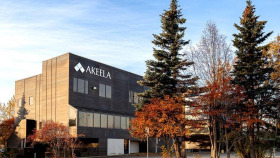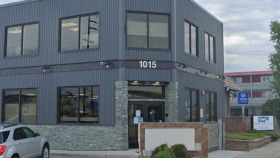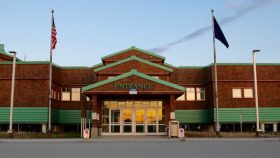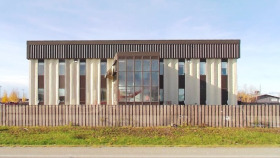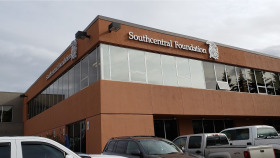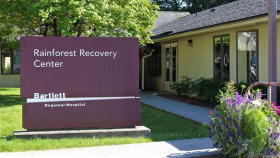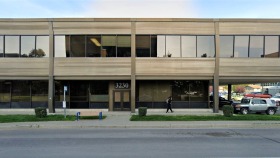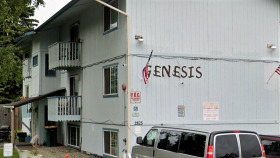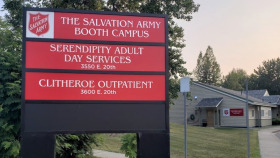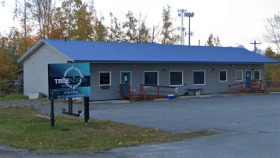Expert Insights
I was lucky enough to have lived and practiced nursing in Alaska. To say the state is a beautiful place would be an incredible understatement. Behind the beauty, though, is a crisis that must be addressed–the illicit fentanyl threat to Alaska residents.
According to preliminary data from the Alaska Department of Health, fentanyl related overdose deaths increased by more than 40% between 2022 and 2023.
So, what’s being done? Senator Dan Sullivan and other leaders launched the statewide “One Pill Can Kill” Campaign. This is a fentanyl awareness campaign whose goal is to increase knowledge about the dangerous drug, improve access to addiction treatment, and prevent overdose among all Alaskans.
~ Cary Damerow, BA, LPN
Addiction News in Alaska
How Much Does Addiction Treatment Cost in Alaska?
Alaska is ranked 2nd nationwide in terms of addiction treatment affordability, with an average cost of addiction treatment of $52,030.
- Medical detox is the most expensive, with an average cost of $128,273
- Inpatient rehab in Alaska costs an average of $45,913
- Outpatient rehab in Alaska costs and average of $7,629
- Outpatient methadone treatment is the most affordable, with an average cost of $6,778
How to Pay for Rehab in Alaska
As of 2020, there were over 100 rehab facilities across the state of Alaska. These facilities accept several payment methods. Of those facilities, the following numbers reflect how many accept their respective payment methods:
Alaska ranks as the state with the second cheapest residential rehabilitation costs by the National Center for Drug Abuse Statistics. There are slightly over 100 active abuse centers in the state that provide service to just under 10,000 people annually. The following are ways you can reduce the cost of treatment or receive free drug and alcohol rehab.
Private Pay + Insurance
Federal law mandates that most commercial health insurance providers include mental health and substance abuse treatment in their insurance policies. However, there are several exceptions to these laws, so it’s crucial to verify your insurance coverage before receiving treatment. Many private health insurance policies also require prior authorization, including documentation of medical necessity.
Your treatment center can help you gather the necessary information to meet your insurance company’s needs. Some people may choose private pay or self pay despite having a health insurance policy with substance abuse benefits. Private pay offers greater confidentiality and reduces the risk your employer will find out about treatment. These are some of the major private insurance carriers in Alaska.
- Aetna Health Management
- Alaska National Insurance Company
- Cigna Healthcare
- Moda Health Plan
- Pacific Health Coalition
- Premera Blue Cross Blue Shield of Alaska
- UnitedHealthcare
Medicaid
Medicaid provides healthcare coverage to low-income Alaskans once they meet eligibility requirements. Eligibility typically includes an active Social Security card, state residency, and financial limits. You can check your eligibility in the Healthcare Insurance Marketplace. Medicaid is collaboratively funded between the federal and state governments, but administered through the state.
The Alaska Medical Assistance Program is administered through Alaska Medicaid Health Enterprise, where you have access to help receiving Medicaid benefits for adults and through the Denali KidCare for children from birth through age 18 and pregnant women who also meet eligibility standards. Medicaid covers treatment for mental health conditions and substance abuse.
Medicare
Medicare is a federally funded health insurance coverage designed primarily for people over age 65. Alaska offers resources to help residents understand their coverage and how to access benefits, including mental health and substance abuse treatment. Original Medicare Parts A and B offer coverage for inpatient and outpatient care. Medicare Parts C is a premium based policy offered by commercial health insurance plans that administer Parts A and B and sometimes offer additional benefits.
Individual Medicare Advantage plans are not available in Alaska. The Alaska Department of Health and Social Services Commission on Aging offers educational resources and advocacy for individuals 65 and older. Over 114,000 residents in Alaska are enrolled in Medicare, which is approximately 15% of the population.
Military Insurance
TRICARE is a healthcare program for active duty and retired military personnel and their families. They offer care around the world to beneficiaries. Care is managed in three regions, and two are in the U.S. Alaska is covered by the West region, which is managed by Health Net Federal Services.
Most TRICARE policies meet the minimum essential coverage defined by the Affordable Care Act, including coverage for substance abuse treatment. The Veterans Administration also offers healthcare at facilities in Alaska including the Colonel Mary Louise Rasmussen Campus of the Alaska VA Healthcare System in Anchorage. Care includes behavioral and mental health care for conditions such as addiction, trauma, and depression.
Tribal Funding and Programs
There are 229 federally recognized indigenous tribes in Alaska. The U.S. Department of the Interior’s Indian Affairs Tribal Operations Branch offers assistance to tribes to relate to government and corporate functions. The state also recognizes the importance of healthcare providing access through Medicaid programs and maximizing federal funding to help support infrastructure and advocate for services and referrals.
The Substance Abuse and Mental Health Services Administration’s Tribal Behavioral Health Grant helps fund programs to prevent suicide and substance abuse. Alaska Grant Watch records 124 Mental Health Grants for the state, three of which are aimed at helping tribal organizations improve substance abuse services.
Other Low-Cost Options
When free drug rehab is not available, other low-cost options can help relieve your financial burden and make treatment more accessible. A personal loan is the quickest way to begin receiving treatment. Personal bank loans offer greater confidentiality, but loans from friends and family typically come with lower interest rates and a more flexible payment plan. Other options that help lower your costs include:
- Addiction treatment center payment plans are often interest free and allow you to begin treatment while paying what you are able.
- Sliding scale fees typically require you to document your income.
- Grants and scholarships from local companies and organizations can help reduce your costs when you meet the eligibility requirements.
- Faith based programs are often nonprofit and offer assistance with payment for clients.
- Fundraising from friends and family can feel overwhelming, but without treatment, your costs are far higher, including the cost of drugs, loss of employment, damaged relationships, and possible incarceration.
- Crowd funding through public websites such as GoFundMe or GiveAHand. Take care to read the small print and understand the fees.

